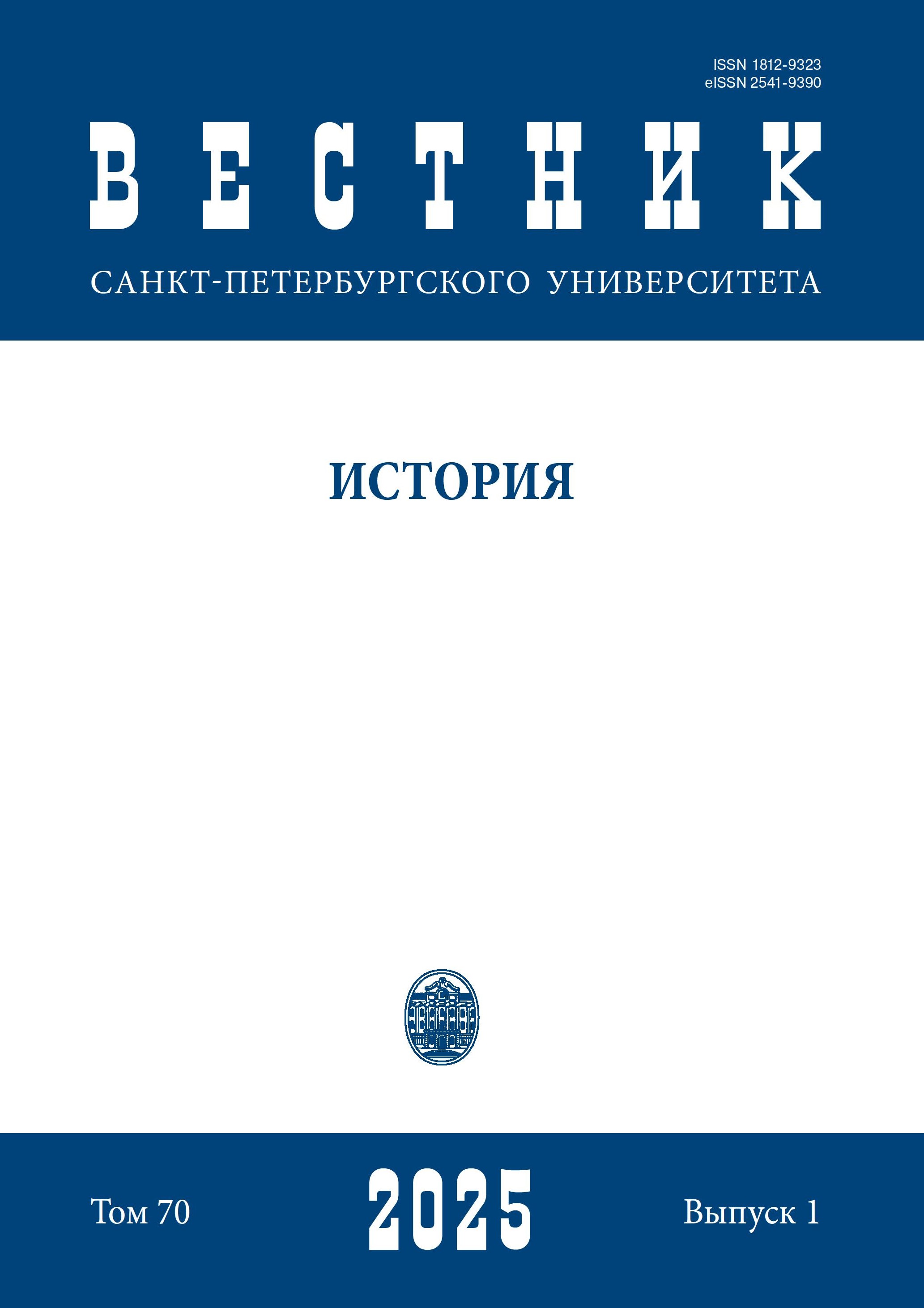The Beginnings of the Polish Uniate Mission among the Bulgarians
DOI:
https://doi.org/10.21638/spbu02.2025.109Abstract
The Congregation of the Resurrection of Our Lord was a Catholic order that was founded by the patriotic Polish emigres operating in the West during the great crisis of values and methods of regaining independence. Instead of revolution and struggle, the need for internal transformation and a return to the Catholic foundations of social order in Poland was indicated. For them, the resurrection of Christ was the source of Poland’s resurrection, national values should take a place subordinate to Christian, timeless and universal values. According to their logic, Poland’s subjugation was also a punishment for the historical betrayal of the Christian order. Among other things, the discriminatory treatment of the Uniate Church in former Poland was pointed out. Unable to operate on Polish soil, the Resurrectionists pursued their plans to support the church union abroad. The Russo-Turkish wars as well as the global clash between Russia and Western countries in the second half of the 19th century created favourable conditions to start acting among the Slavs liberating themselves from the yoke of Ottoman Turkey. With the support of the Holy See, the mission of Polish monks among Orthodox Bulgarians began in 1862, offering them a path to the union of the Orthodox Church with Rome, the one that was followed by the Ruthenians in the Republic of Poland at the end of the 16th century. Overcoming bureaucratic, civilisational and cultural obstacles, the Resurrectionists took on pastoral work in the Greek-Slavic rite, educating young people and preparing the future Bulgarian Uniate clergy. The Bulgarian Greek Catholic Church, which exists to this day, is the result of a mission undertaken by Polish monks.
Keywords:
Resurrectionists, Union, Bulgaria, Rome, Adrianople, Pope, Orthodoxy, Church
Downloads
References
Downloads
Published
How to Cite
Issue
Section
License
Articles of "Vestnik of Saint Petersburg University. History" are open access distributed under the terms of the License Agreement with Saint Petersburg State University, which permits to the authors unrestricted distribution and self-archiving free of charge.





